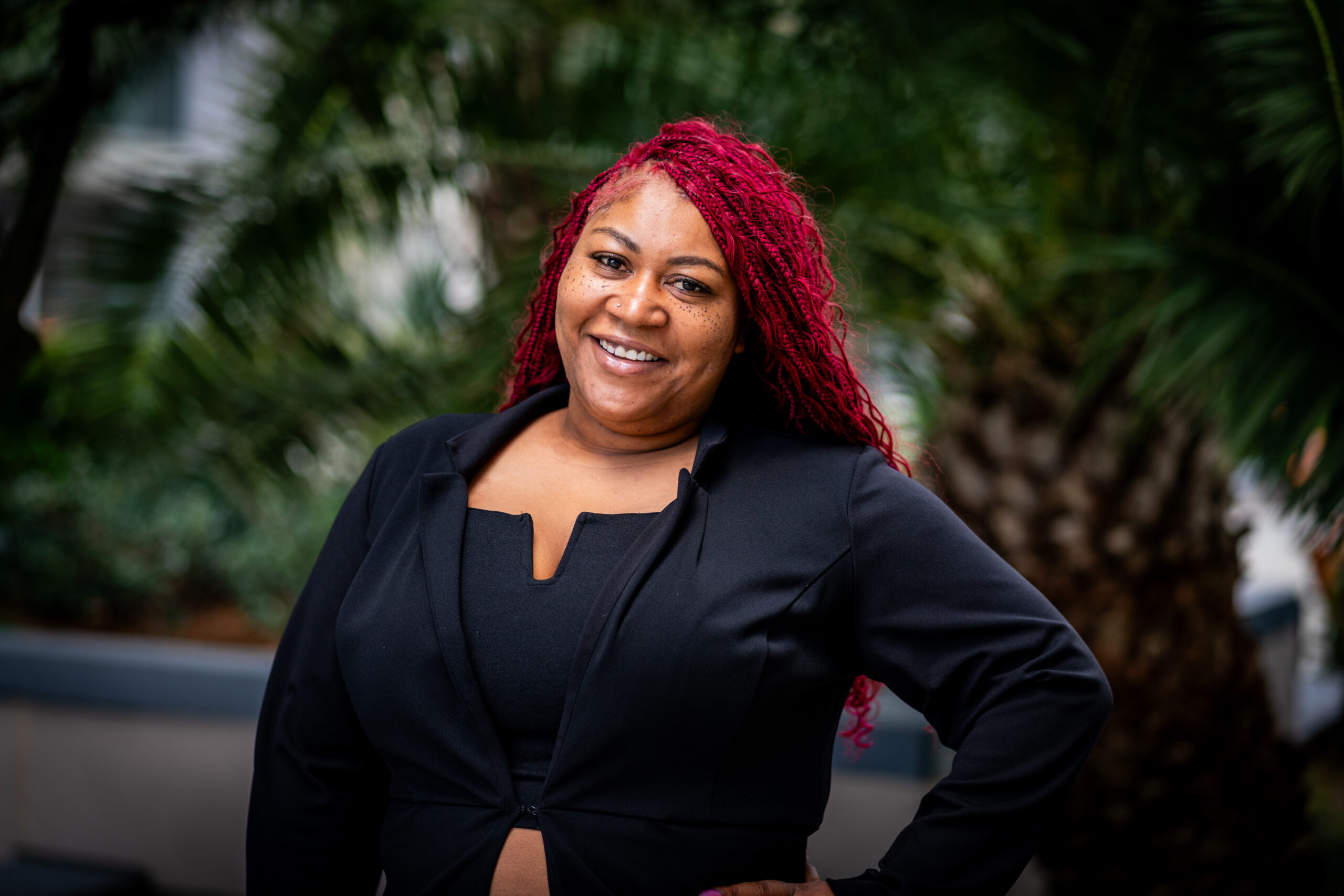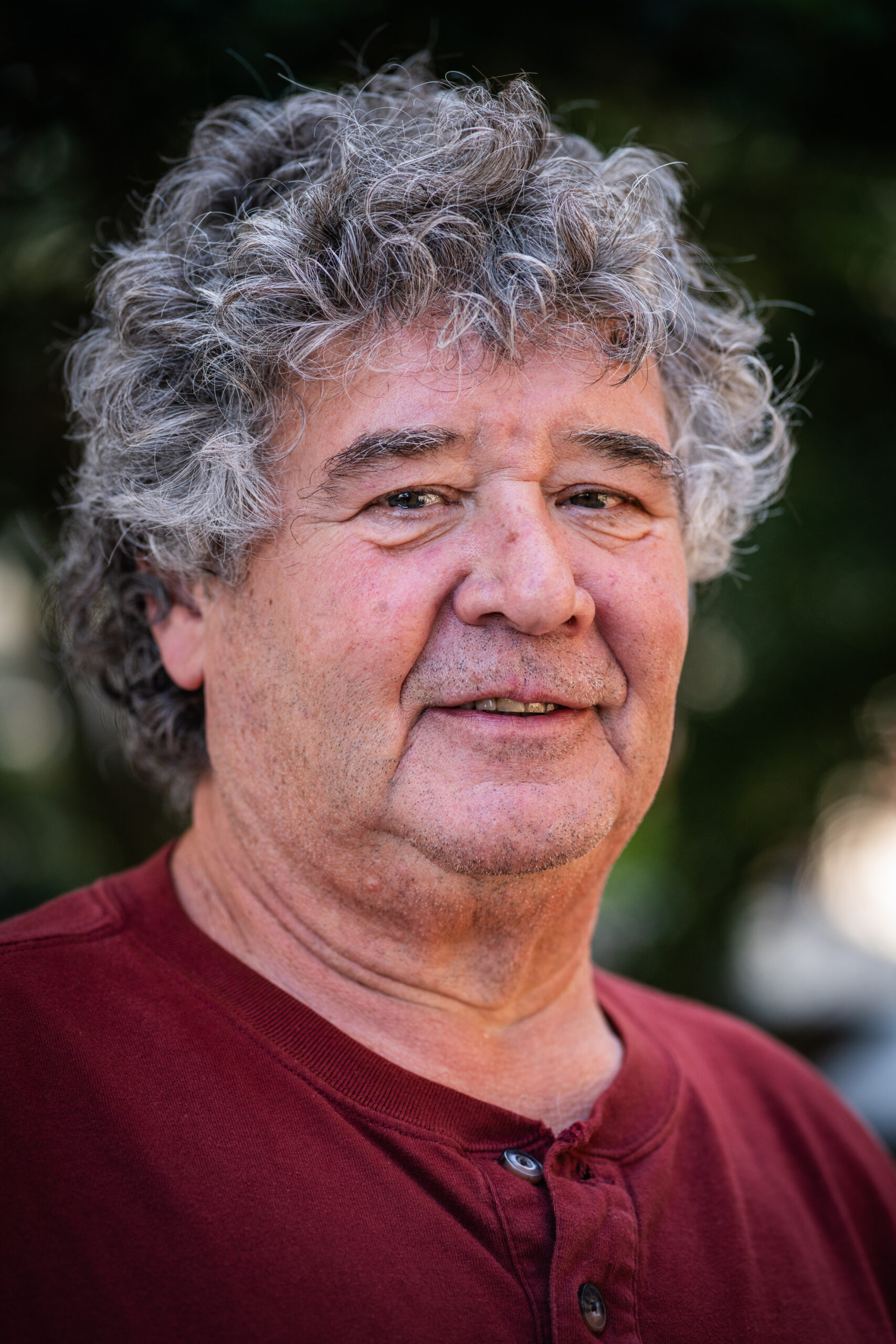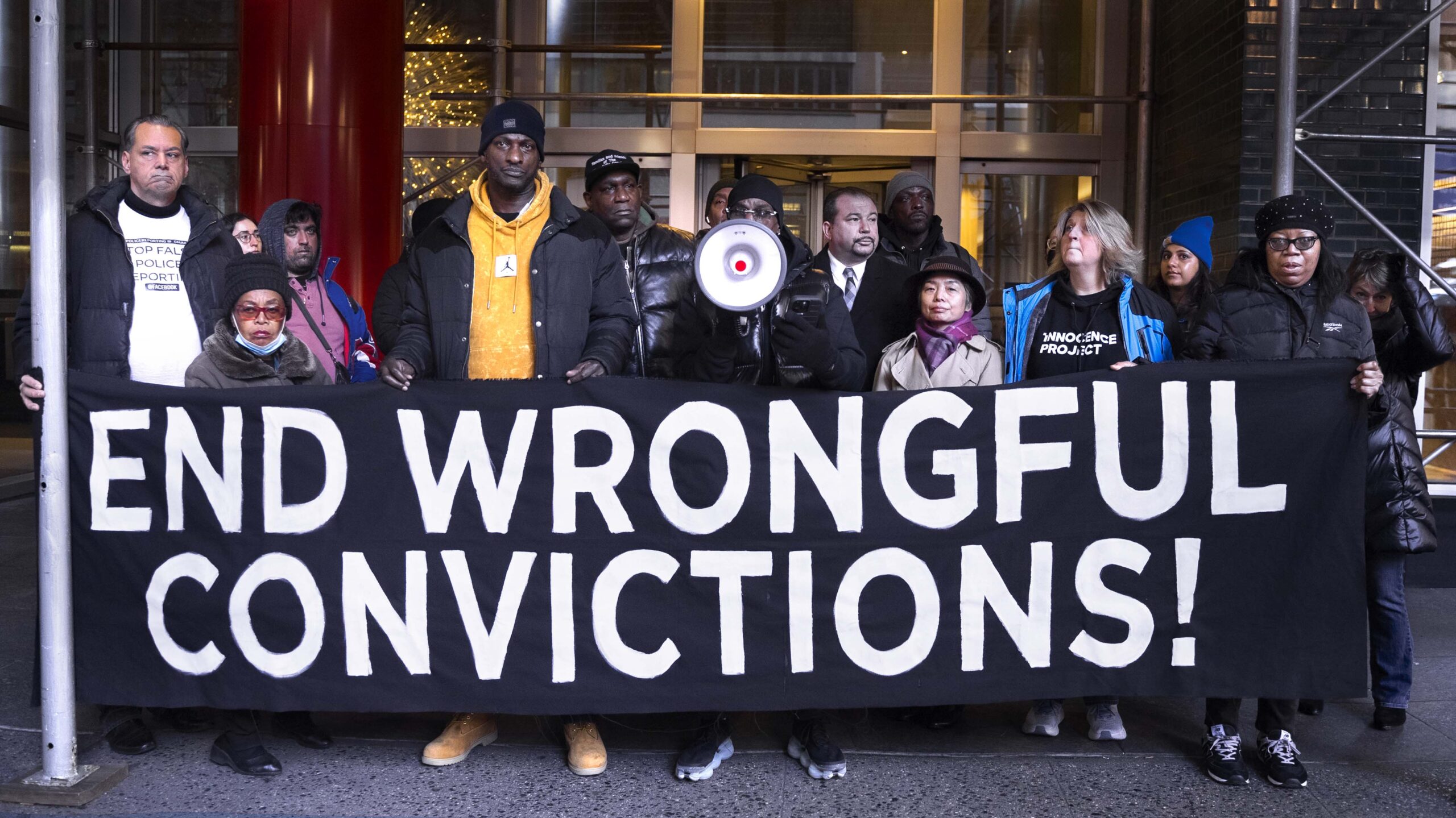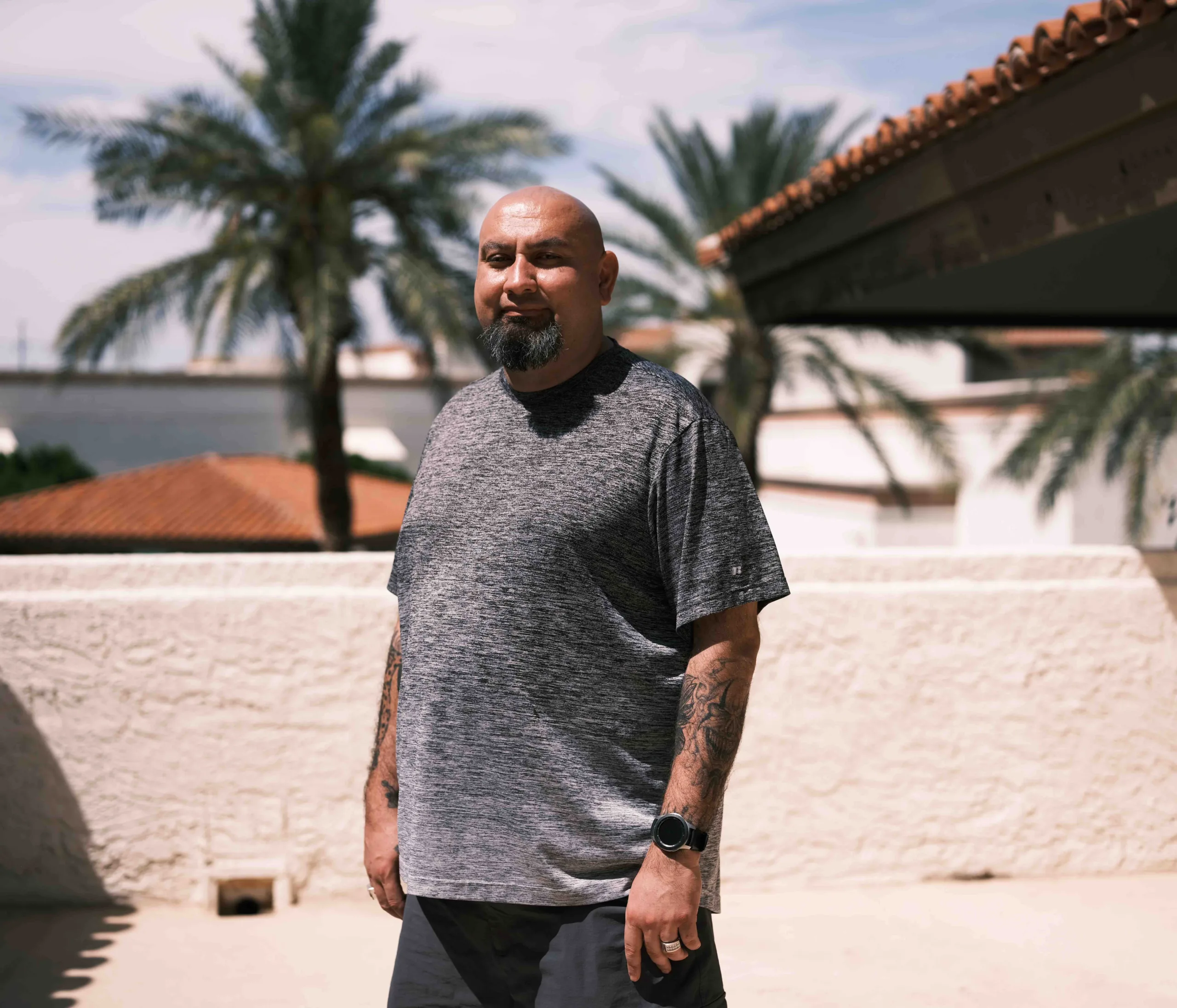Finding Independence: How This Kentucky Bill Can Transform the Lives of Exonerees Post-Release
Kentucky’s proposed compensation bill would open doors for exonerees Johnetta Carr and Michael VonAllmen, who collectively served 40 years in prison and on parole, to rebuild their lives.
Independence Day 07.03.24 By Katherine Jeng
For Johnetta Carr, an exoneree in Kentucky, Independence Day isn’t about fireworks and beach days. Instead, it is a stark reminder that her fight for freedom won’t end until she is compensated for years of wrongful incarceration.
At only 16, Ms. Carr was prosecuted as an adult and wrongfully convicted of killing her boyfriend. She endured 13 years behind bars and on parole, until 2019, when the Kentucky Innocence Project uncovered DNA evidence that definitively proved her innocence and she was pardoned.
However, being pardoned did not bring an end to Ms. Carr’s struggles. Now in her 30s, she faces a new set of challenges as she attempts to reintegrate into society.
“Being wrongfully convicted, I’m starting to realize, really takes away from the human experience,” Ms. Carr explained. “I’m not a normal citizen.”
The shadows of her wrongful conviction have affected nearly every aspect of her life, from employment to housing. Ms. Carr has navigated not only the common challenges of job applications and interviews but also the added layer of scrutiny due to her wrongful conviction.
“I have to prepare myself for these interviews, even after exoneration,” Ms. Carr shared. “I have to take my past in there with me.”
Although she was pardoned by the state, her record remains and she bears the responsibility of demonstrating her innocence when looking for housing or employment. Securing housing has been an uphill battle for Ms. Carr; despite efforts to find apartments within her budget, she was rejected based on her record.
“It was impossible for me to find an apartment on my own for a very long time, just because they denied my application,” she said.
Kentucky’s long-standing campaign for a compensation bill
In January, House Bill 178, which would provide compensation for victims of wrongful incarceration, was introduced in the Kentucky General Assembly. House Bill 178 would provide exonerees with $65,000 per year of wrongful imprisonment, plus up to $25,000 for years spent on parole, in post-prison supervision, or on the sex offender registry. This money would be a lifeline for exonerees who, like Ms. Carr, have missed out on educational and career opportunities and have lost decades of wages and benefits. It aligns with the current federal statute passed in 2004 of $50,000 per year ($83,000 in today’s dollars) and recently passed laws in Indiana, Kansas, Oregon, and Nevada that provide for $65,000 per year.
Suzanne Hopf, directing attorney at the Kentucky Innocence Project, noted exonerees “face incredible hardships when they are finally released from prison,” like developing careers, buying a home, and finding transportation.
“I have met exonerees at the prison gates as they walked out, with two trash bags in each hand holding all their worldly possessions. A compensation statute would allow them to start rebuilding their lives, after years, if not decades, having been stolen from them.”
House Bill 178 also emphasizes resources beyond monetary compensation, including access to health care and counseling, housing assistance, and personal financial literacy assistance. It seeks to ensure a fair and straightforward process for filing claims through the courts, so eligibility is determined by judges who have experience handling claims.
Another component of House Bill 178 would require the Commonwealth to provide a certificate of innocence and allow record sealing and expungement so exonerees can clear their names and move on with their lives.
“I really, really think that a certificate of innocence is a big thing,” Ms. Carr said. “I think that would help more [than a pardon] as far as job interviews and stuff.”
Although a compensation bill has been introduced in the past three legislative sessions in Kentucky, it has failed to become law despite broad bipartisan support. House Bill 178 passed out of the House Judiciary Committee in January before failing to pass through the General Assembly.
But the fact that lawmakers and advocates plan to introduce a new bill in the 2025 session gives Michael VonAllmen, who was wrongfully convicted based on eyewitness misidentification and spent 11 years in prison before his conviction was vacated in 2010, hope.
“I knew that enough work with the legislation that this would come into law, and here we are,” Mr. VonAllmen said.

“Being wrongfully convicted, I'm starting to realize, really takes away from the human experience.”
“Being wrongfully convicted, I'm starting to realize, really takes away from the human experience.”
Johnetta Carr Kentucky exoneree
Johnetta Carr at the 2024 Innocence Network Conference in New Orleans (Image: Claire Bangser/Innocence Project).

Michael VonAllmen at the 2024 Innocence Network Conference in New Orleans. (Image: Claire Bangser/Innocence Project).
Prolonged and exhausting civil suits are not an option
Currently, Kentucky is one of only 13 states that does not compensate wrongfully convicted people. The only means of restitution exonerees can seek in Kentucky is through civil lawsuits.
In June 2011, Mr. VonAllmen filed a civil lawsuit to seek redress for his years of lost freedom. But civil lawsuits can quickly become prolonged battles that exact a toll — financially, emotionally, and psychologically — on those who have already endured years of injustice and hope to move on with their lives. It can be an arduous and costly process to find and retain an attorney familiar with filing civil claims, and the legal process can take years, requiring exonerees to retell their stories and relive the trauma.
Civil lawsuits can also carry a high burden of proof, with some states requiring exonerees to demonstrate intentional law enforcement or prosecutorial misconduct. In December 2013, Mr. VonAllmen’s case was dismissed, based on this high burden.
Yet an innocent person like Mr. VonAllmen should be able to get compensation for years spent wrongfully incarcerated even if there wasn’t official misconduct in their case. Wrongful convictions happen for many reasons, but the current system means innocent Kentuckians have no recourse.
“When the case was dismissed, I wasn’t disappointed, because it was par for the course. Part of the experience [of being wrongfully convicted] was disappointment after disappointment,” Mr. VonAllmen said.
It has been 14 years since Mr. VonAllmen was exonerated, yet he has never received a cent in compensation.
“Harm is compensated everywhere else in society,” Mr. VonAllmen said. “Wrongful conviction [has] created devastating harm to somebody that should find some way of getting some sort of compensation for that … [The state] should step up and own their mistakes just as much as they want to take credit for the good laws they pass. They need to take credit for the harm they cause and reconcile it in some meaningful way.”
It’s time for Kentucky to compensate the wrongfully convicted
Kentucky’s legislative efforts are long overdue considering the state’s historical neglect of addressing wrongful convictions. The first recognized wrongful conviction in the U.S. happened in Kentucky in 1989, yet since then, the state has not taken steps to acknowledge or right the wrong of wrongfully convicting innocent Kentuckians. Overall, 28 people have been wrongfully incarcerated in Kentucky since 1989, spending an average of 10 years behind bars before exoneration.
“Exonerated and freed Kentuckians like Johnetta and Mike have collectively spent over 213 years wrongfully incarcerated for crimes they did not commit. House Bill 178 is about creating a universal framework that allows the Commonwealth to provide financial compensation and support services to wrongfully incarcerated Kentuckians,” said Winnie Ye, state policy advocate at the Innocence Project.
“This bill is one way to acknowledge the legacy of wrongful convictions and offer restitution to individuals who had their liberty taken from them by the state. Justice can’t wait.”
For Ms. Carr, this year marks five years since she was exonerated. While she now resides in a rented home, she hopes “to buy a forever home for me and my kids and just give me a chance to feel whole again.” House Bill 178 would be just one step forward to helping her achieve this American dream.
This Independence Day, commit to supporting initiatives that uphold the rights of innocent people like Mr. VonAllmen and Ms. Carr. As we celebrate our freedoms, remember those who are still fighting for theirs. Take action to help them rebuild their freedom and new lives after exoneration below.
Leave a Reply
Thank you for visiting us. You can learn more about how we consider cases here. Please avoid sharing any personal information in the comments below and join us in making this a hate-speech free and safe space for everyone.
July 4, 2024 at 11:58 am



So sorry this has happened to you both
Yes Kentucky and all states need to do something about this
I support the Innocence Project
The whole criminal justice system needs a lot of work
Bless you both are your road to rebuilding your lives